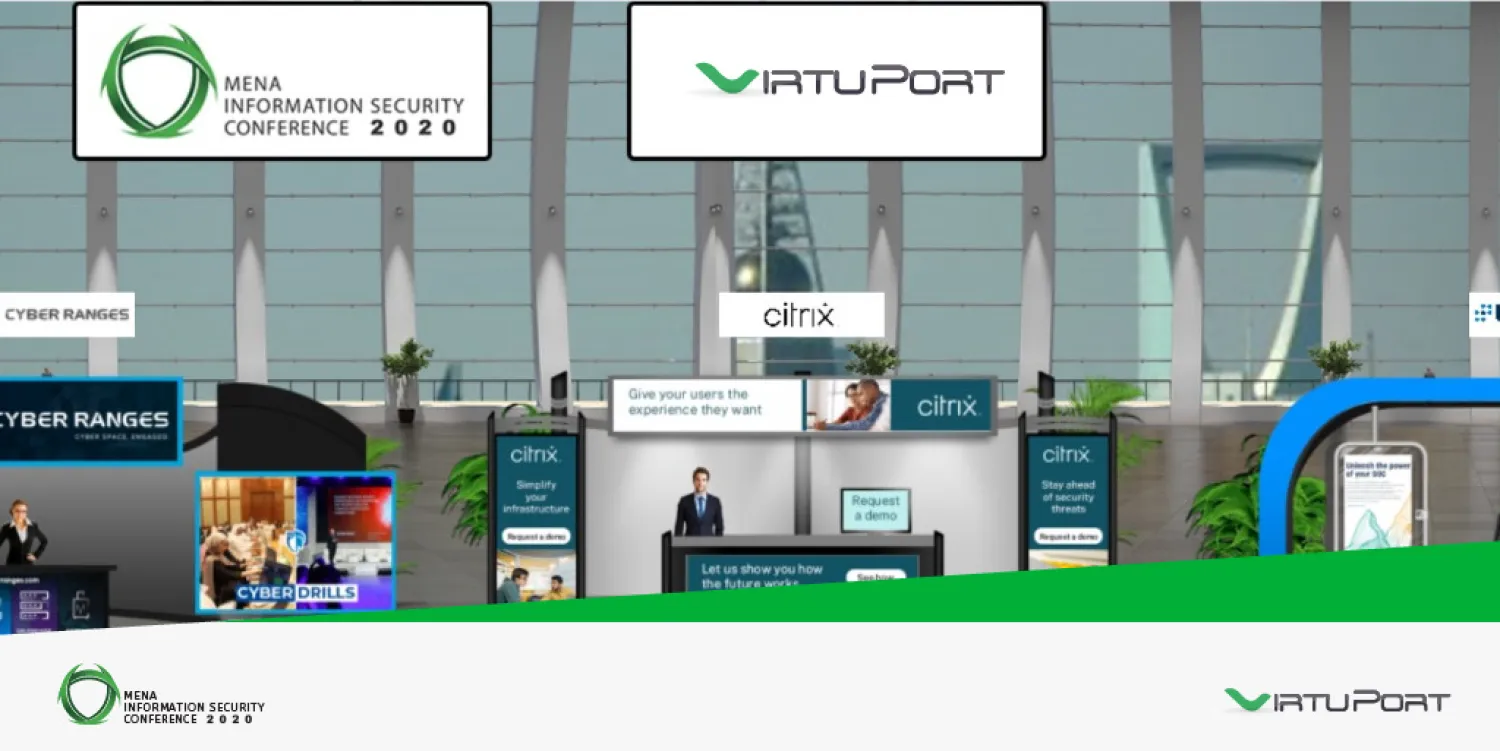Specialists have estimated that Saudi Arabia has spent around two billion dollars on cybersecurity.
The Saudi Federation for Cybersecurity, Programming and Drones hosted on Monday the two-day Middle East and North Africa Information Security Conference (MENAISC 2020), focusing on “Evolving from Cyber Resistance to Resilience, in the Age of Smart Cities, Digital Economy and IoT.”
Vice President Sales at CyberKnight Ehab Derbas said the Middle East cybersecurity market by the end of this year will grow to about $16 billion, expecting it to grow to more than $28 billion in 2025.
“The Kingdom is one of the region’s largest markets as a result of its digital transformation strategies,” he said, adding that the annual growth of the sector is at least 12 percent.
“Saudi Arabia has the largest share in the security market in the region due to its need to protect companies, industrial, energy, government facilities, defense and financial sectors.”
Derbas noted that the Kingdom had made achievements in the global assessments of cybersecurity indicators.
He said it was the top-ranked Arab country in the Global Cybersecurity Index (GCI) 2018 issued by the UN International Telecommunication Union (ITU), and was ranked 13th among 175 countries in the world.
He stressed Saudi Arabia’s economic, political and religious dimensions as the target of many cyber-attacks targeting its vital, public and financial sectors.
Regional Director in the Middle East and Turkey at Cybereason Tarek Kuzbari said the volume of the funds allocated by world countries for cybersecurity, including Saudi Arabia, will be driven by spending on consultations, integration and managed security services.
He said Saudi Arabia’s spending on cybersecurity in 2020 has increased by about 6.2 percent compared to the $400 million in 2019.
Organizations will need to spend more, given that the world is becoming more and more reliant on technology as the number of cybercriminals increase and their attacks intensify, Kuzbari stressed.
Riyadh attaches great importance to cybersecurity and its impact on world countries.
Saudi Arabia is heading towards digital transformation in the private and public sectors, confronting imminent cyber threats and applying the “digital government” concept.
It hosted the Global Cybersecurity Forum in February, during which Crown Prince Mohammed bin Salman, Deputy Prime Minister and Minister of Defense, ordered the adoption of two initiatives aimed at protecting children in cyberspace and empowering women in cybersecurity.
The first initiative sought to develop the best practices, policies and programs to protect children, given the increased cyberthreats they encounter online. Children surfing the internet without their parents’ supervision could fall victim to terrorist and extremist groups, cyberbullying, scams and other crimes.
The second initiative was aimed at empowering and encouraging women in the cybersecurity sector. It sought to educate and train women to allow them to become effective partners in building the cybersecurity sector and rise up its ranks.









